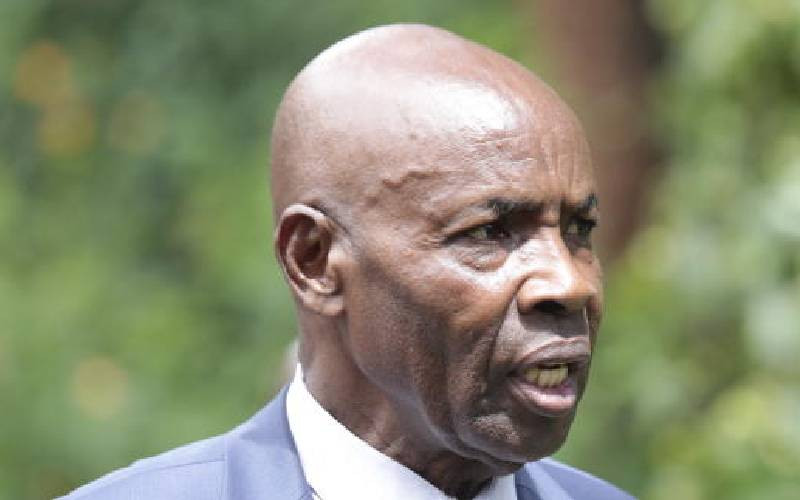×
The Standard e-Paper
Stay Informed, Even Offline

In the last two years, the outgoing Education Cabinet Secretary, Ezekiel Machogu, walked a tightrope.
While he implemented significant reforms and addressed some critical issues, many challenges remained unresolved, calling for stronger leadership and decisive action in Kenya's education sector.